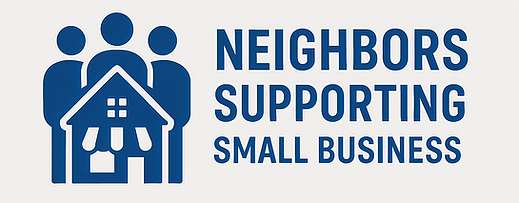LEGAL BASIS
Banks Face Stricter Rules for a Reason.
Banks like Capital One hold a unique position in our economy. They control money and credit while enjoying government-backed privileges that ordinary businesses do not, including:
-
Low-cost borrowing from the Federal Reserve
-
Federal deposit insurance to protect consumer deposits
-
Regulatory safeguards (including potential government bailouts) designed to maintain public trust
These advantages come with a corresponding responsibility: to comply with laws that protect consumers and the financial system.The OCC is the government agency responsible for enforcing federal banking regulations, but it has failed to take any meaningful action to ensure compliance by Capital One.
What the Law Requires
Banks are supposed to be banks.
Under Title 12 of the Code of Federal Regulations (CFR), banks may only engage in non-banking activities that are “so closely related to banking … as to be a proper incident thereto.”
Operating a branded specialty coffee shop does not meet this standard. Even the OCC would likely concede as much. Instead, the OCC appears to treat Capital One Cafe as if it were a separate business that merely “shares space” with Capital One Bank, which is a distinction that is as implausible as it sounds.
Even if Capital One Bank and Capital One Cafe were somehow viewed as two separate businesses, federal regulations impose strict conditions for "sharing space:"
1. Clear Identification – § 7.3001(c)(1)
Banks must ensure the other business is “conspicuously, accurately, and separately identified.” This requirement exists to prevent customer confusion about whether they are dealing with the bank or another business.
Capital One’s Violation: No effort has been made to meet this standard. In fact, Capital One goes out of its way to blur the distinction. The same name, logo, and branding appear across both operations, and the tagline “part bank, part café — all in one space” makes it clear that there is no separate business at all.
2. Arm’s-Length Dealings – § 7.3001(c)(3)
Banks must also ensure “all aspects of the relationship … are conducted at arm’s length,” preventing banks from subsidizing another business with bank resources.
Capital One’s Violation: Even if one accepts the fiction of a separate business (Capital One Cafe or “Verve,” its coffee supplier), there is no plausible scenario in which this business pays fair market rent for its prime real estate. Capital One Cafes occupy enormous spaces in very expensive markets and can't possibly be paying the rent independent of the bank, especially when they also regularly discount and/or give away coffee.
The NYS Attorney General has the power to act - and she should before small businesses are pushed out.
Because the OCC has failed to enforce federal law, New York’s Attorney General Letitia James has the power to act under New York General Business Law § 349, which prohibits “deceptive acts or practices in the conduct of any business,” and under New York General Business Law § 350, which prohibits "false advertising."
Capital One Cafes clearly mislead consumers by:
-
Posing as independent coffeehouses while selling financial services
-
Blurring the line between banking and retail operations
-
Diverting customers from genuine local coffeehouses through deceptive marketing
Under the GBL, the Attorney General has independent authority to seek injunctions, restitution, and civil penalties to protect consumers and small businesses.
If she does not act soon, a dangerous precedent will be set where banks with their vast resources can create marketing schemes that are not just "part bank, part cafe" but "part bank, part pizza place" or even part bank, part barber shop or bookstore or what have you. After all, why should a bank be able to sell or give away coffee or matcha but not pizza, haircuts or books?
